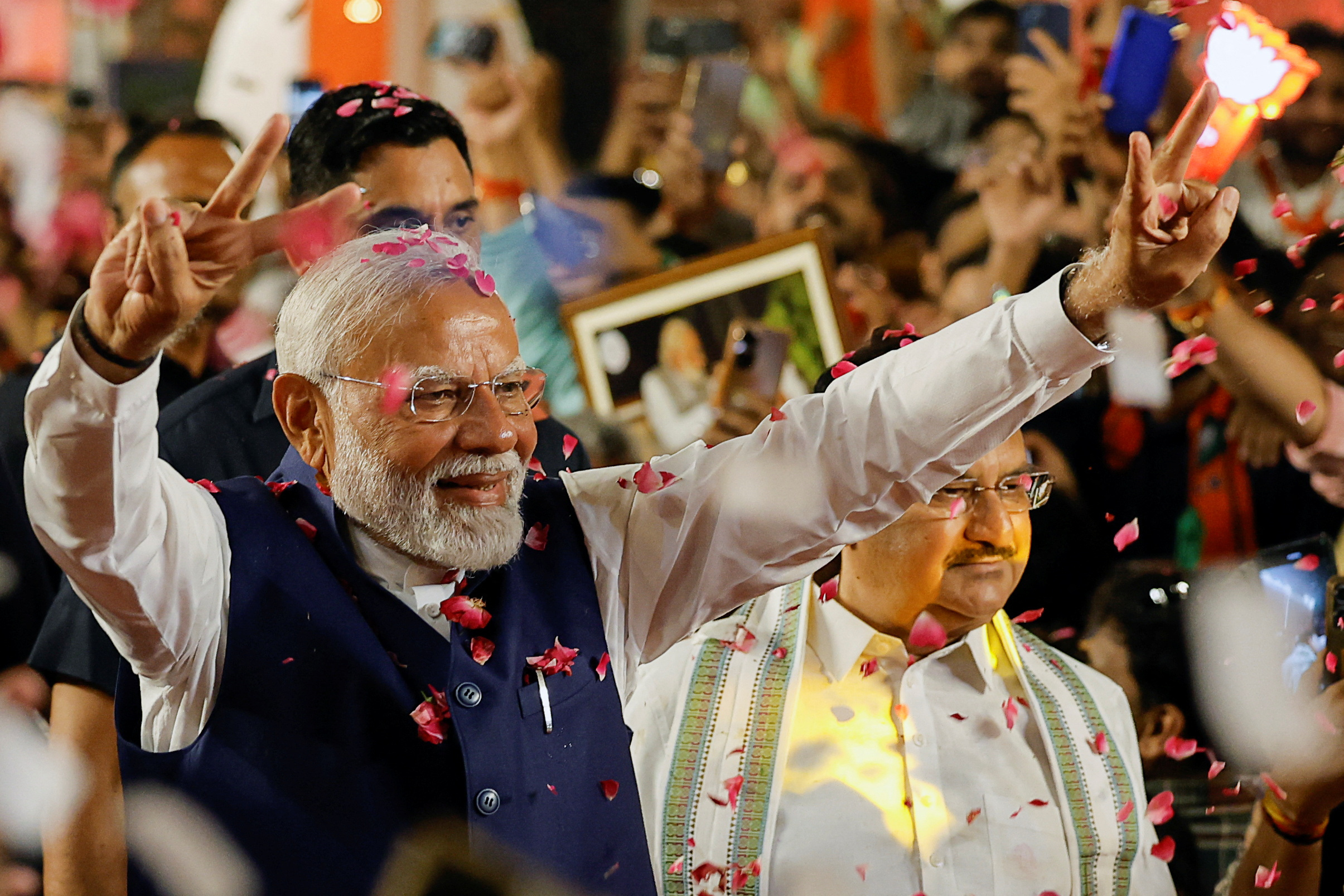Antigua and Barbuda is a sovereign nation located in the Caribbean. It operates under a parliamentary democracy and holds elections to determine its political representatives. Here is some information about the election system in Antigua and Barbuda:
- House of Representatives Elections: The House of Representatives is the lower chamber of the Parliament of Antigua and Barbuda. It consists of 17 members known as Members of Parliament (MPs). Elections for the House of Representatives are held every five years. The country is divided into constituencies, and each constituency elects one representative. The candidate who receives the highest number of votes in each constituency wins a seat in the House of Representatives.
- Senate Appointments: The Parliament of Antigua and Barbuda also includes a Senate, which is the upper chamber. The Senate consists of 17 members appointed by the Governor-General. The Prime Minister appoints ten senators, the Leader of the Opposition appoints three senators, and the Governor-General appoints four senators.
- Electoral Process: The Antigua and Barbuda Electoral Commission is responsible for organizing and overseeing elections in the country. It ensures the transparency and fairness of the electoral process, including voter registration, candidate nomination, and the counting of votes. International observers may be invited to monitor the elections.
- Voter Eligibility: Antigua and Barbuda citizens who are at least 18 years old have the right to vote. Voter registration is required, and citizens must be included in the electoral roll to participate in elections. Voter registration is typically conducted before elections, and eligible voters must provide proof of citizenship and other relevant identification documents.
- Election Results: The political party or coalition that secures the majority of seats in the House of Representatives forms the government. The leader of the winning party becomes the Prime Minister, who is responsible for leading the executive branch of the government.



